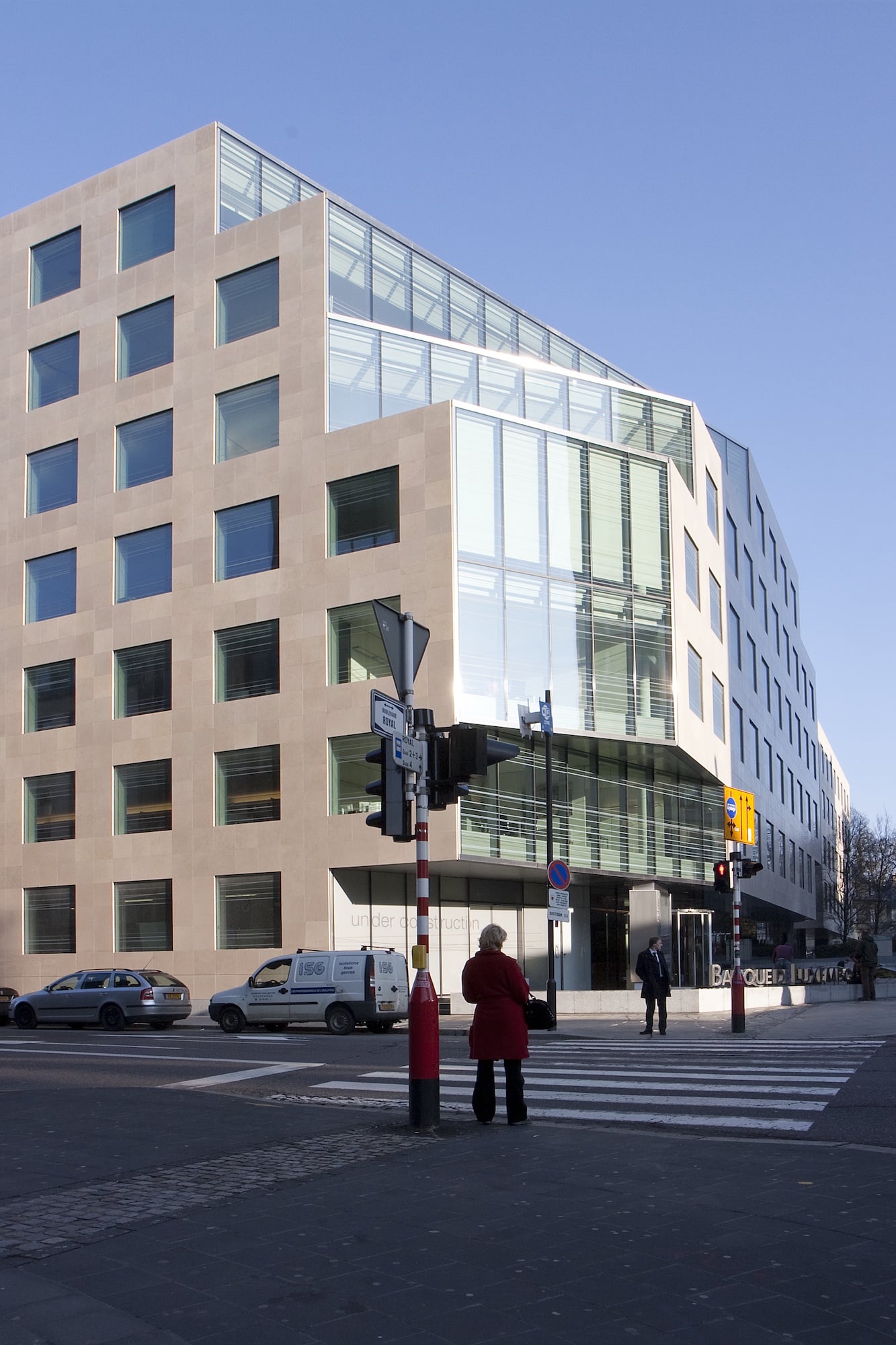
Banque de Luxembourg CBA
Banque Pictet & Cie (Europe) AG, succursale de Luxembourg Location Luxembourg, Luxembourg Salary Competitive Closing date Mar 30, 2024. View more Job Function Accounting/Audit/Tax. • Legal or tax knowledge: good working knowledge of FATCA, CRS and other regulations affecting client data
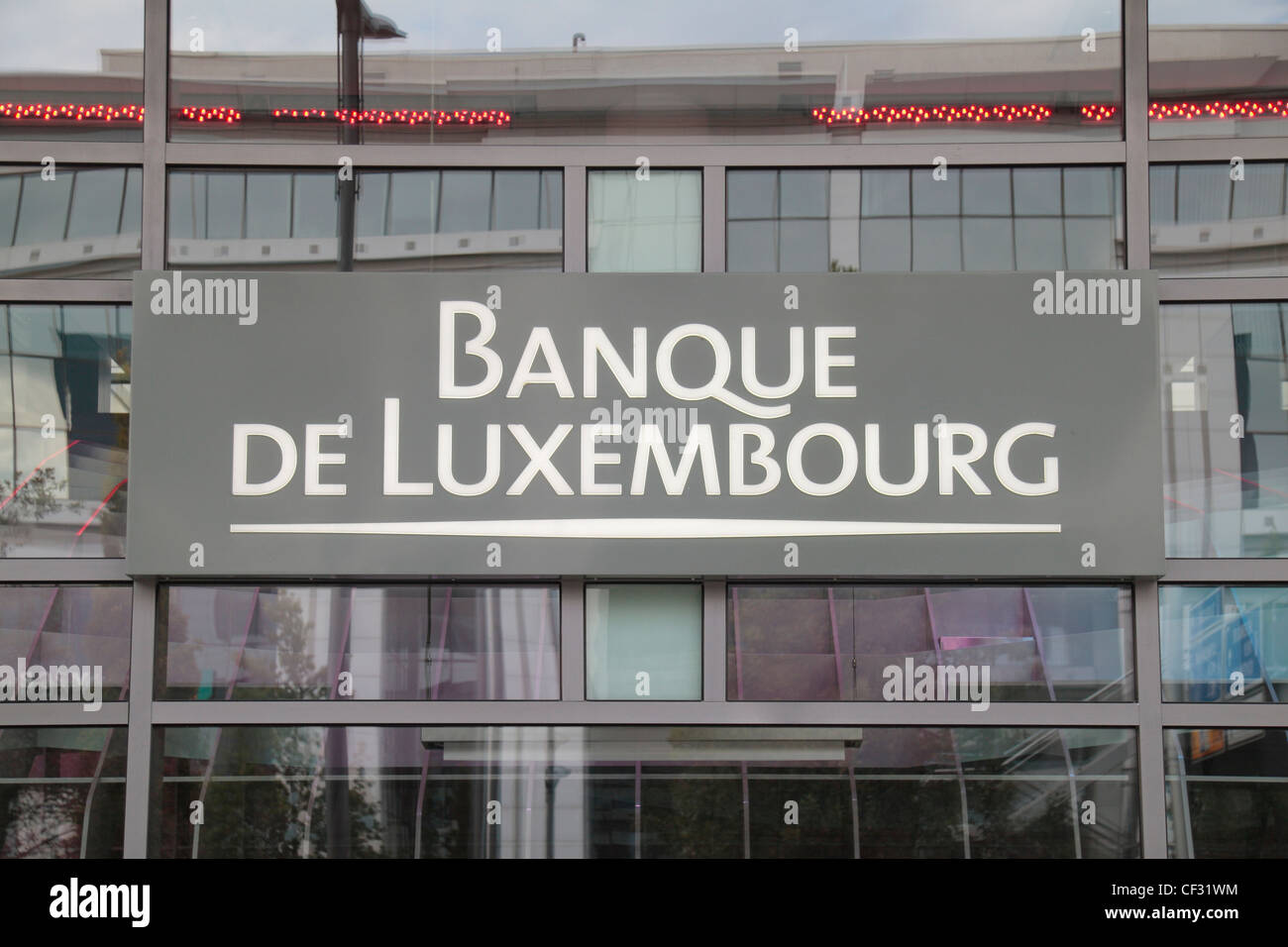
Banque of luxembourg hires stock photography and images Alamy
We would encourage you to contact your adviser, preferably by phone or secure mail, or make arrangements in advance for a meeting. Our teams are readily available to assist you and personally respond to any special requirements or questions you may have. Luxembourg. 14 Boulevard Royal L-2449 Luxembourg. (+352) 49 924 1.
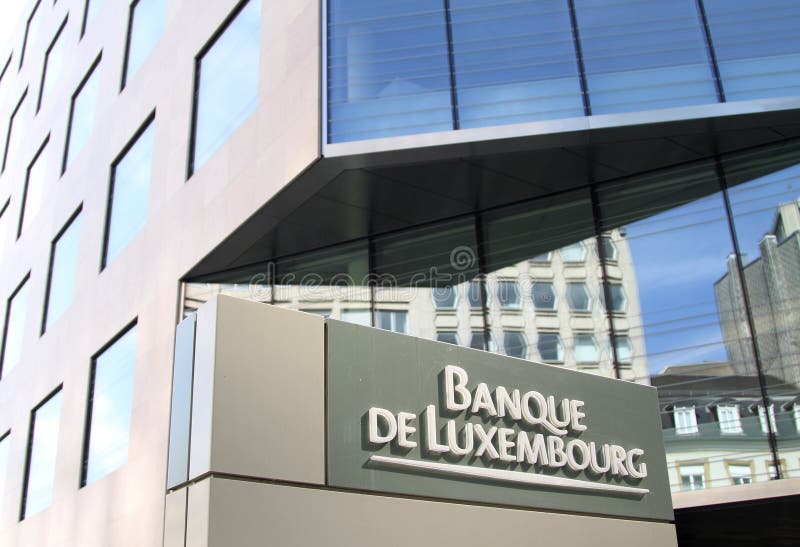
Banque de Luxembourg editorial stock photo. Image of business 25085423
A sustainable and responsible approach rooted in BLI's historical long-term philosophy. Aware of its social responsibility related to the investments made on behalf of its investors, BLI - Banque de Luxembourg Investments signed the principles of Responsible Investment (UN PRI) in July 2017 with the objective of implementing them through three.

Auditorium De La Banque De Luxembourg Mudam Luxembourg
BLI - Banque de Luxembourg Investments is a specialist management company with experience in the management of equities, bonds and multi-asset strategies. Its expertise is based on the key principles of active management, transparency, risk-awareness, patience, experience and responsibility with regard to environmental, social and governance (ESG) issues.

Legal documentation Banque Internationale à Luxembourg
how banque de luxembourg processes your data Your personal and banking data is recorded in our central IT system with the highest degree of security. We process your data exclusively for the purposes of providing advice and/or financial and wealth management services, in accordance with the Bank's General Terms and Conditions and the data.

Banque de Luxembourg Headquarters Arquitectonica Architecture
In addition to its shareholding in a number of international financial institutions, the Luxembourg government holds 100 per cent of the shares in the Banque et Caisse d'Épargne de l'État (BCEE.
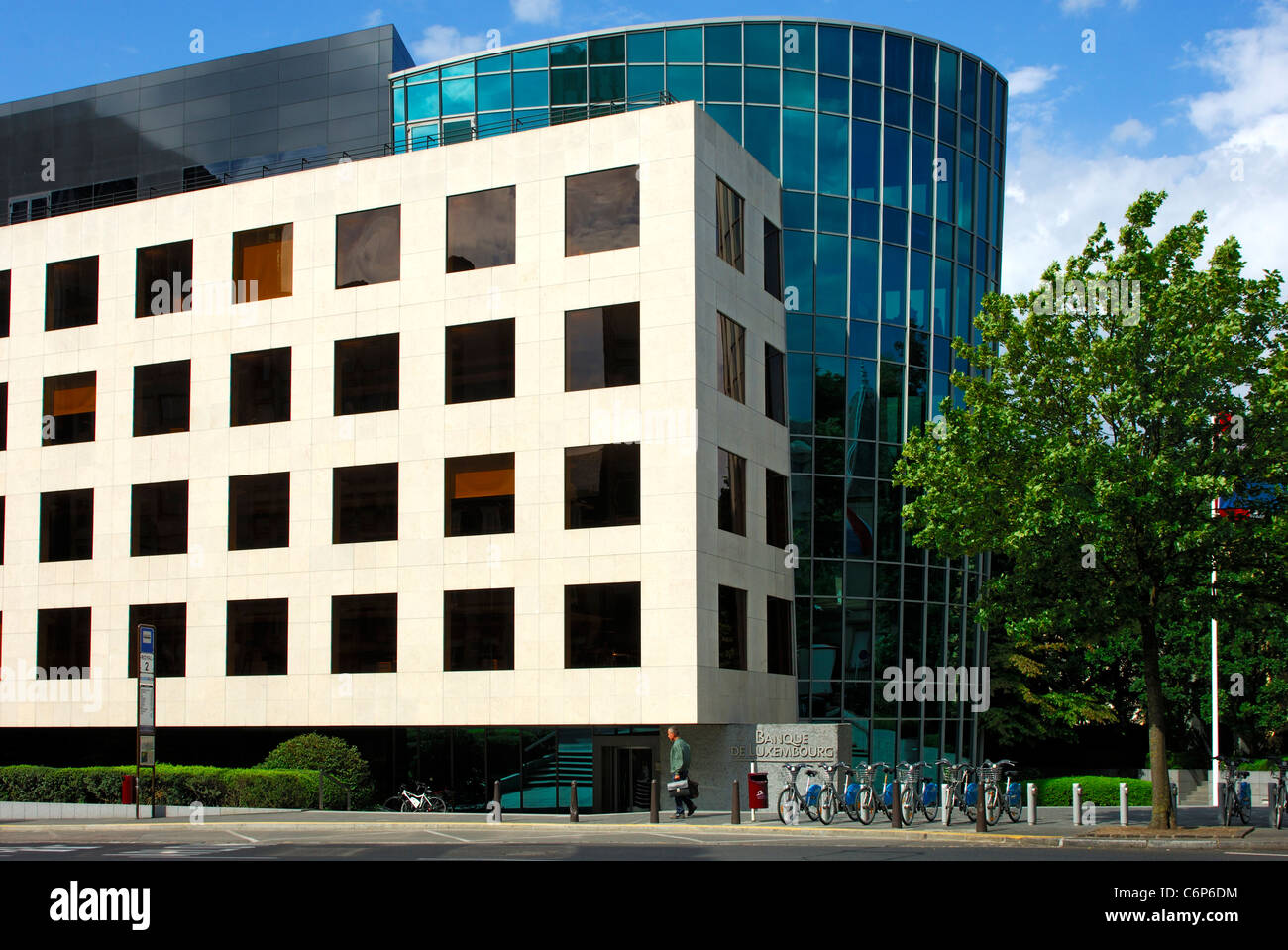
Headquarters of the Banque de Luxembourg, Luxembourg, Grand Duchy of
Legal documentation. Regulation of the Banque centrale du Luxembourg 2011/N°9 of 4 July 2011 on data collections on instruments and payment. du règlement BCL/2011/9 du 4 juillet 2011 relatif à la collecte des données sur les instruments et les opérations de paiement conformément au règlement BCE/2013/43 et à l'orientation BCE/2014.

B Law & Tax at the offices of Banque de Luxembourg (2) Form 720
BLI - Banque de Luxembourg Investments, acting under the commercial name Conventum Third Party Solutions, founded in 2001, is a fund management company. "With Conventum TPS, we enable our clients to concentrate on their core business of asset management, service to clients and developing their business."

Banque de Luxembourg Headquarters Arquitectonica Architecture
Banque de Luxembourg is a Luxembourg private bank offering responsible wealth management solutions to protect, manage, enhance and pass on your wealth. Private Banking . Services to support you in managing and passing on your wealth. Personal Banking .

Banque de Luxembourg Headquarters Arquitectonica Architecture
wealth planning. Our remote banking services E-Banking area BL Mobile Banking App itsme. Your accounts at your fingertips! Access your account and credit card balances, see recent transactions, transfer money, set up standing orders, consult your payment history and manage beneficiaries.
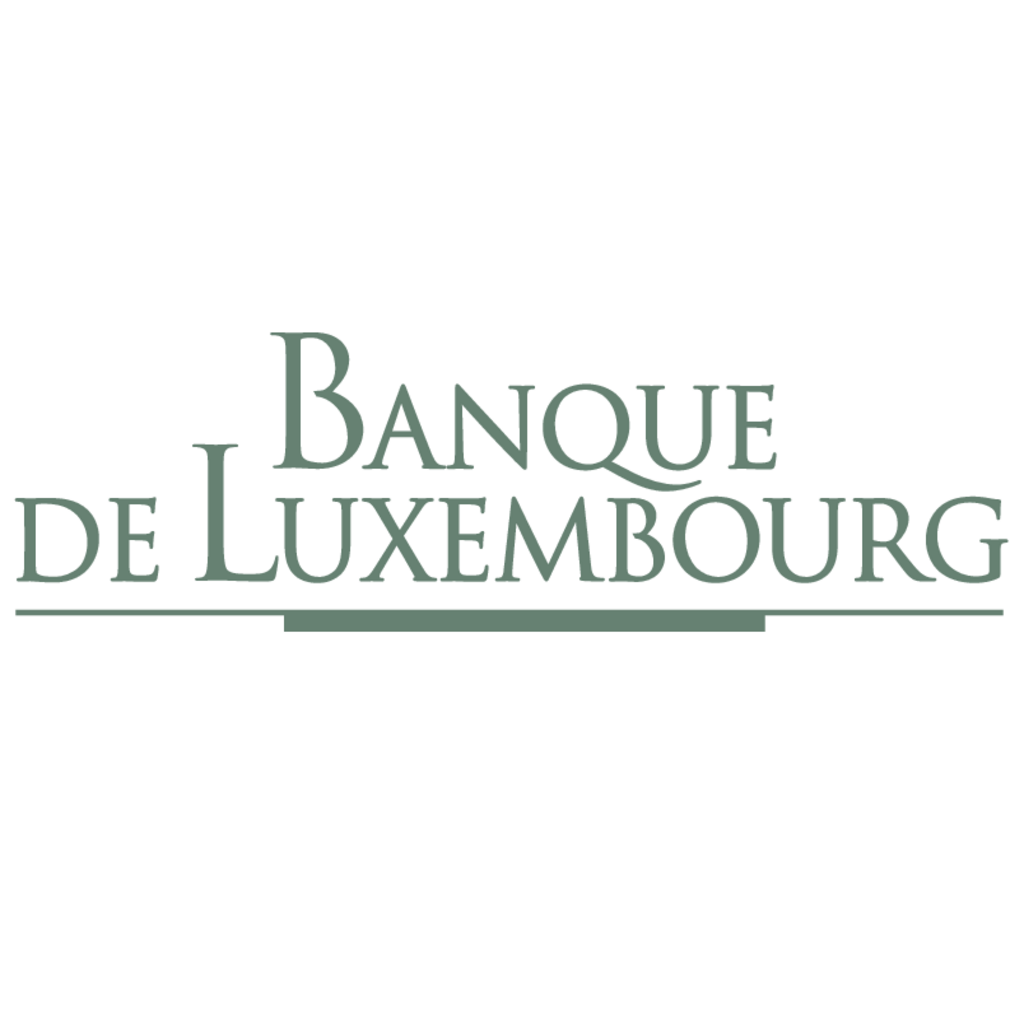
Banque de Luxembourg logo, Vector Logo of Banque de Luxembourg brand
Telephone switchboard: (+352) 4015-1. BIC / SWIFT: BCEELULL. e-mail: [email protected]. LEI: R7CQUF1DQM73HUTV1078. Independent public establishment. Registration number in the Luxembourg Commercial Register B30775. VAT Identification Number: LU 11408778. Spuerkeess is registered on the official list of Luxembourg financial institutions held by.

Banque de Luxembourg, Luxembourg Stock Photo Alamy
BLI - Banque de Luxembourg Investments is a specialist management company with experience in the management of equities, bonds and multi-asset strategies. Its expertise is based on the key principles of active management, transparency, risk-awareness, patience, experience and responsibility with regard to environmental, social and governance (ESG) issues.
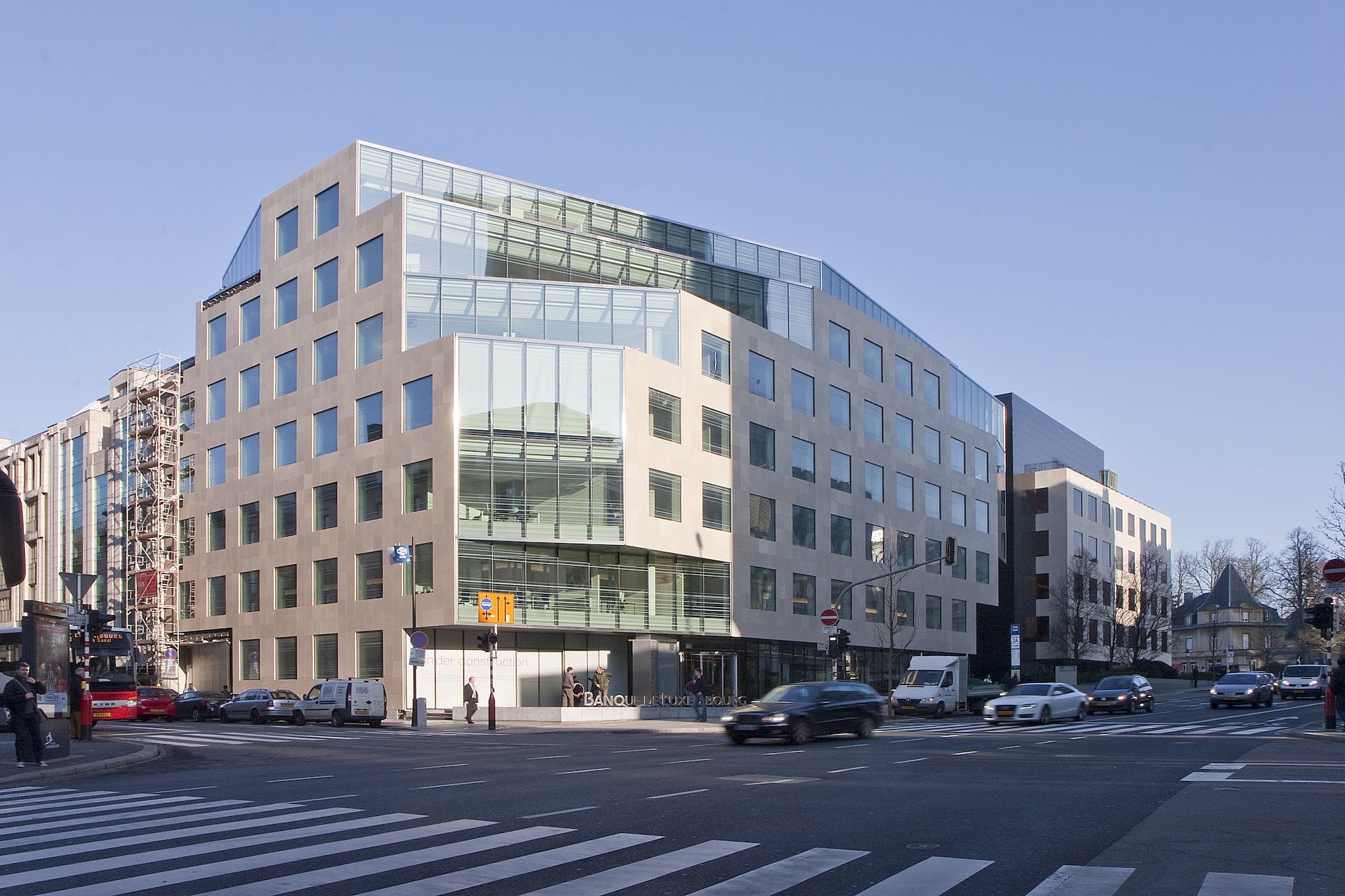
Banque de Luxembourg CBA
The KID is a three-page, standardised regulatory document which replaces the Key Investor Information Document (KIID)*. It contains, in summary form and in simple language, standardised and easily comparable information on UCITS, and informs investors of the risks associated thereto. BLI - Banque de Luxembourg Investments will regularly update.

Auditoire De La Banque De Luxembourg Mudam Luxembourg
Contact. Please contact our sales team at Crédit Mutuel Investment Managers for further information about our services or funds. Crédit Mutuel Alliance Fédérale, the owner of BLI - Banque de Luxembourg Investments and Banque de Luxembourg, has decided to merge all the commercial activities of its six subsidiaries, in order to offer.
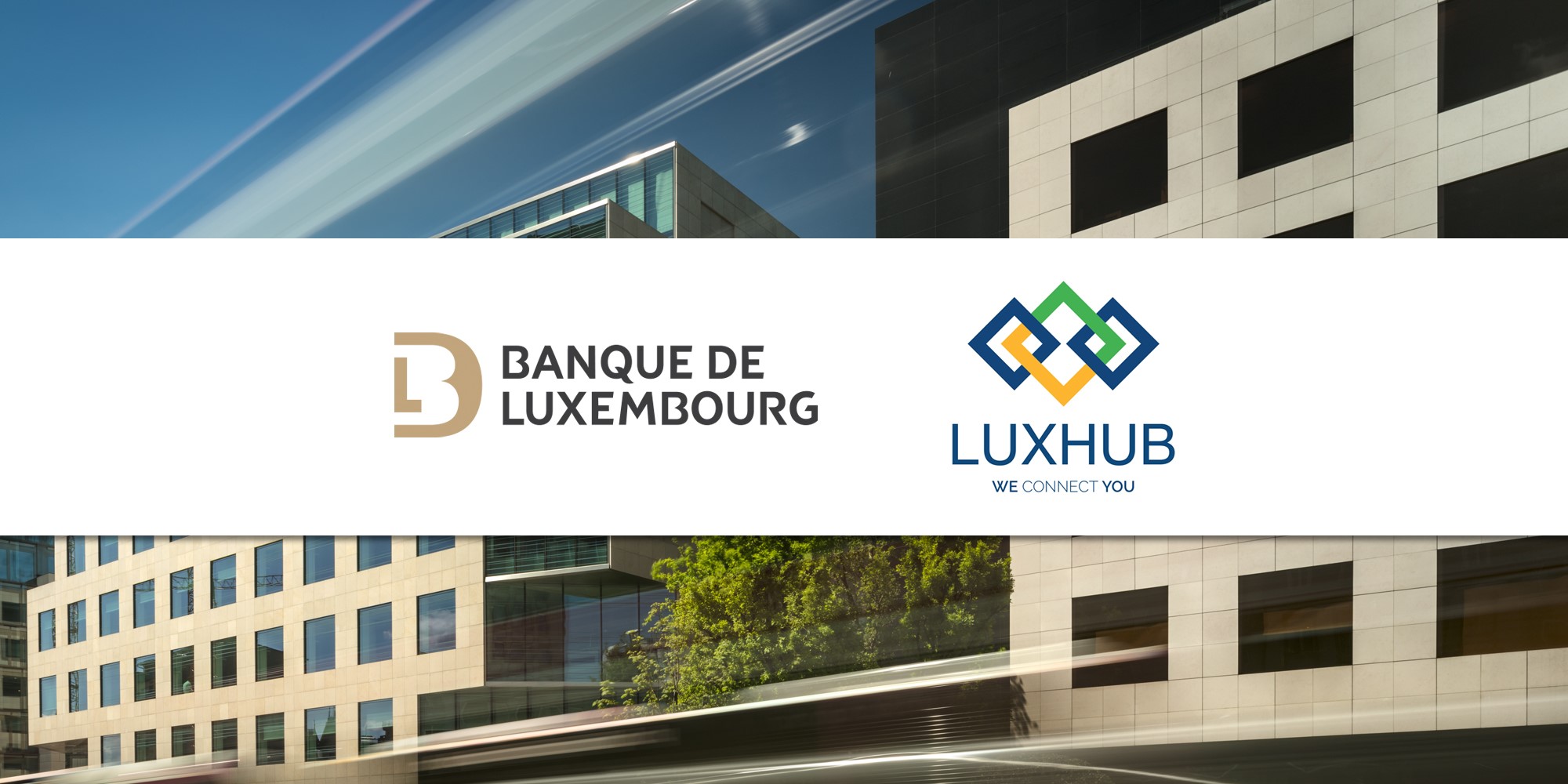
OPEN BANKING Banque de Luxembourg goes live with LUXHUB’s API Platform
Banque de Luxembourg ( French: Banque de Luxembourg, lit. 'Bank of Luxembourg') is a financial institution in Luxembourg, which primarily focuses on wealth management and high-net-worth individuals. It is owned by the French banking group Crédit Mutuel, through the latter's subsidiary Crédit Industriel et Commercial .

Banque de Luxembourg CBA
Legal aspects. The LUXEMBOURG BUSINESS REGISTERS (hereafter "LBR") economic interest group (eig) updates this database in order to grant public access to information about physical persons and entities which are subject to registration with regards to the legislation concerning the Trade and Companies Register (RCS) and those relating to the beneficial ownership of entities covered by the.